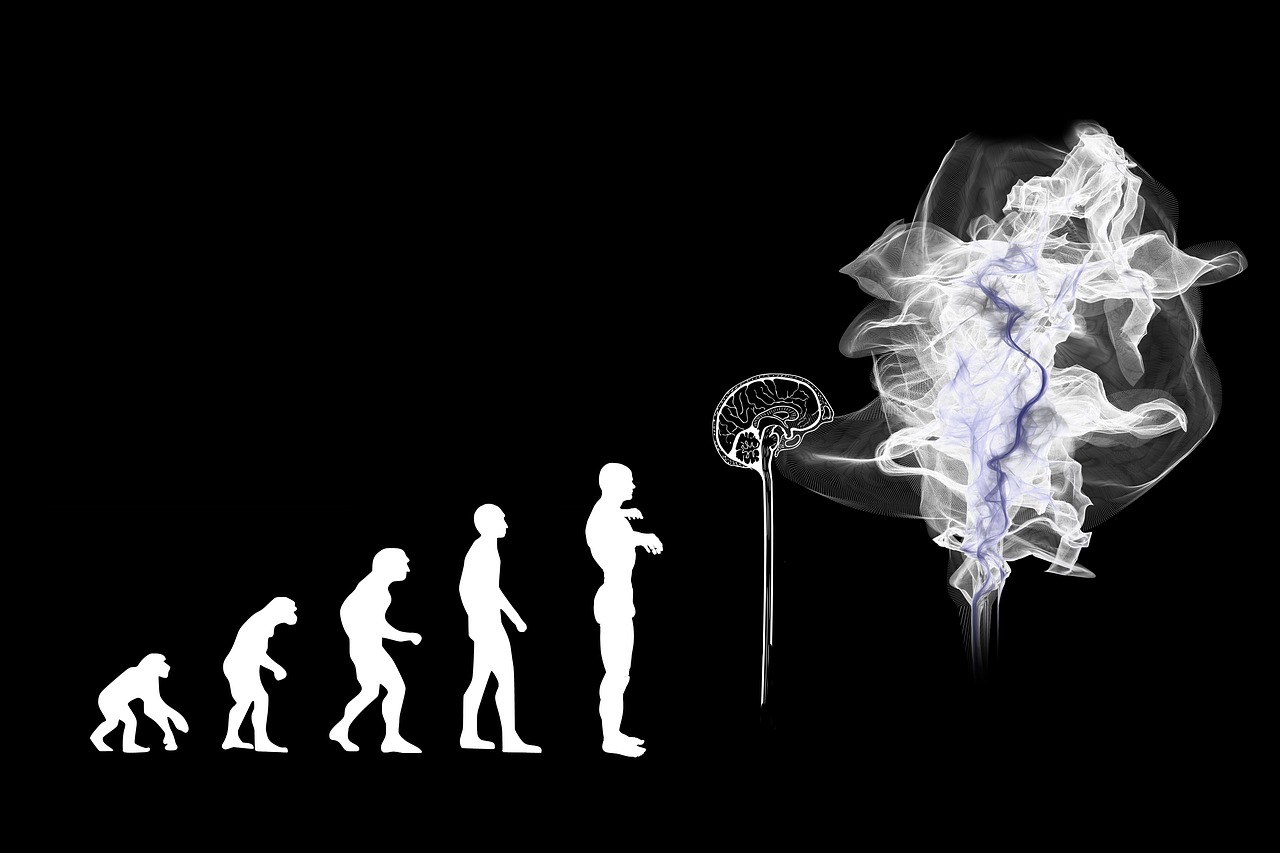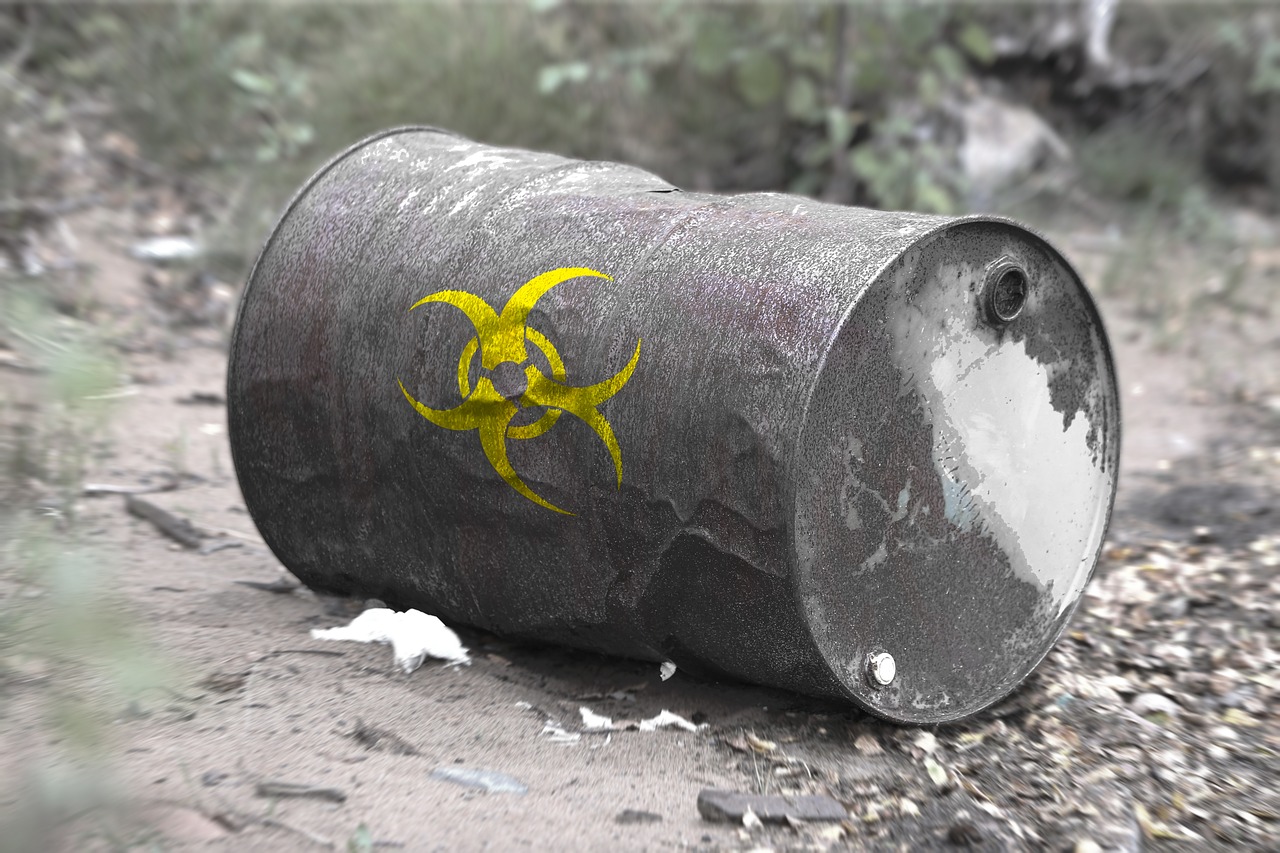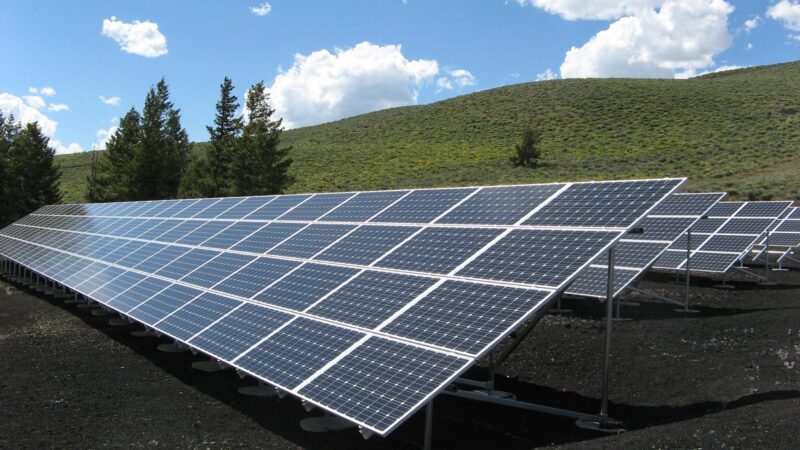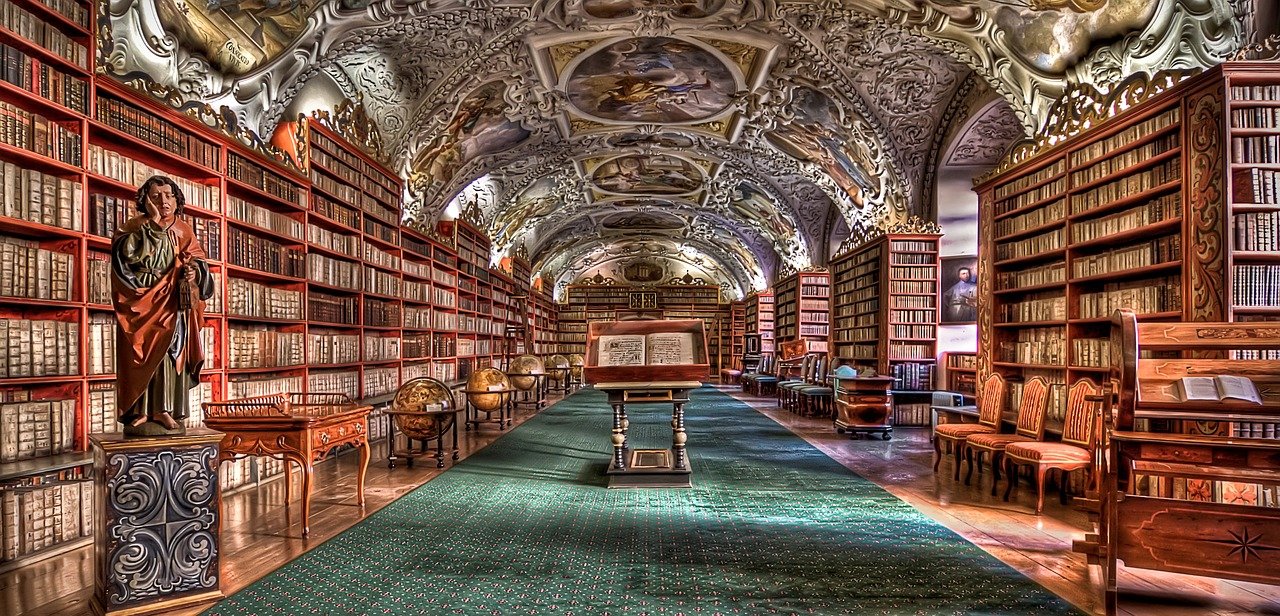If you start a discussion about human evolution, you are likely to end up talking about the past, about Darwin and the history of our evolution.

By Chris Thomson
If you start a discussion about human evolution, you are likely to end up talking about the past, about Darwin and the history of our evolution. You are very unlikely to end up talking about the future of human evolution, no doubt because people assume, if they even think about it, that our evolution happened a long time ago and that we have stopped evolving. And if you start a discussion about the future in general, you are quite likely to end up talking about the future of technology or the future of business, or something like that. You are very unlikely to end up talking about the future of the human being, which is surely more important than any technology or business.
A long way to go
Some of us think that human evolution has stopped, that we have evolved as far as we ever will. We are homo sapiens, the top of the evolutionary tree, and that is all there is to it. End of discussion! Yet, if this is true, then why do so many of us devote so much time and energy to “evolving” ourselves in one way or another? We educate and train ourselves in a huge range of knowledge and skills. We have literally millions of initiatives, run by NGOs, governments and communities, to “evolve” the world, to make it a better place. And many of us engage in some form of therapy or spiritual practice to nudge forward our own personal evolution. No doubt we do all these things because we believe we can change ourselves. Without actually using the word, we seem to believe that more human evolution is possible. Although we may not think of it as such, we are already influencing the pace and direction of our own individual evolution, as well as the evolution of humanity as a whole.
In fact, there is no a priori reason to suggest that we have stopped evolving. If our evolution has stopped, did it stop suddenly, in July 1956, for example? And how, in any event, would we know that it had stopped? What would the signs of completed evolution be? Are we now as perfect as we will ever be? Do we even know what this means? If, as most of us seem to agree, we human beings have evolved by adapting successfully to changing circumstances, then surely we are still evolving, as we continue to adapt to circumstances that seem to be changing more radically and faster than ever. I have in mind here the fact that we live in unprecedented times of change – globalisation, the internet and other communications technology, climate change, and our growing awareness that we cannot continue to behave as we do, and when change itself seems to be speeding up and changing.
I suppose that most people think of evolution as physical evolution, the evolution of the human body. Although I will argue that this may not be the most important component of our future evolution, there is quite a lot to suggest that we are still evolving physically. For example, we are generally taller than we were three or four centuries ago. Comparing ourselves with images on old paintings, many of us seem to be getting more beautiful. And while it is true that many of us are very fat, the general trend seems to be towards better bodies, better health and longer lives. Although our physical evolution is clearly an important part of the picture, it is by no means the only part. In my opinion, we are evolving in four other significant ways too – as “knowers”, in intelligence, in consciousness, and in capacity. This needs some explanation.
Evolving as knowers
Compared to all other species, we human beings have acquired a vast amount of knowledge, and it is getting vaster by the hour. Anyone who has spent any time on the internet knows this to be true. We know a lot about ourselves, the world and the universe. We have come a long way since we were hunter-gatherers in central Africa. But a little humility is in order. If we think about how far we have come in knowledge and understanding in the last hundred years, for example, it should give us a sense of how far we can go in the next hundred, and the next thousand. It is clear that we still have a great deal to learn and understand about ourselves and the universe. When some people tell us that we already know nearly all the important things there are to know, or that we are getting close to the “mind of God”, this simply does not ring true, and it sits ill beside the daily diet of human affairs. As far as our knowledge is concerned, the likelihood is that we still have a very long way to go. It is useful to remind ourselves that our knowledge will always be finite, but our ignorance will always be infinite. What we know will always be outweighed by what we do not know. This thought should help us to put our current knowledge into perspective.
The growth of our knowledge as such is not part of our evolution, but it does suggest that we are evolving as “knowers”. We seem to be getting better at knowing. We have much to be proud of. Yet there is much we could do to improve the quality of our knowledge, as well as the quantity. In other words, we could, if we wished, become better knowers. In practice, this would mean being more conscious, so that we are more aware of ourselves and of the world. This, I believe, would change the quality of our daily experience, because we would notice more things and also notice more about the same things. And that would, in turn, improve the quality and range and depth of our knowledge, because, as better knowers, we would have access to correspondingly better knowledge.
Evolving in consciousness
Human consciousness is evolving both collectively and individually. At the collective level, we have experienced three significant shifts in the last 100 years or so. I like to think of these as “human race consciousness”, “Nature consciousness”, and “planet Earth consciousness”. These are clumsy terms, I know, but please bear with me.
First, we gradually became aware of the idea of the human race as a whole, as a single entity. This awareness has manifested in many forms, such as the emergence of the United Nations, the concept of the human family, and in many other interesting ways. Second, we developed an awareness of Nature as a whole. This has taken the form of our interest in wildlife, threatened species, the environment, ecology, and the fact that we are all part of the web of life. Third, and thanks to pictures of Earth taken from space and to writers such as James Lovelock, many of us now see the planet itself as a single, unified entity. Some of us even think of it as an intelligent, living being – Gaia. In my view, three things, above all, have accelerated this collective consciousness in the last 25 years or so – the internet, globalisation, and David Attenborough.
So, yes, many of us are more aware, more conscious, in this collective sense. At the same time, many of us are more “awake” at a personal level, more aware of ourselves, of others, and of what is happening in the world. Our individual consciousness has undoubtedly evolved, and there is no reason to believe that it will not continue to evolve. But there is more, because some of us have been able to experience forms of consciousness that are simply not part of modern culture. I will say a few words about two forms with which I am familiar. I call them “teleconsciousness” and “paraconsciousness”.
Teleconsciousness means knowing at a distance, through space or time, without any physical means (just as television is “seeing at a distance”). It includes basic intuition, telepathy (literally “feeling at a distance), and precognition – knowing something in the future. Although many people have had these kinds of experience, they are not regarded as part of normal life and science is quite resistant to the idea of it. In addition, there is a widespread misconception that that they are “gifts”, available only to a few. If they are gifts, then so are our eyes and hands and legs! I believe that teleconsciousness is part of our birthright, available to anyone who makes the effort to develop and use it.
Paraconsciousness means “knowing beyond”. In practice, it is direct experience of the transcendental aspects of the world and ourselves, the aspects that can never be perceived by any of our five physical senses. As with teleconsciousness, I believe that the ability to perceive the transcendental aspects of the world and the human being is also available to all of us, should we choose to develop and use this faculty. But it does not come easily, because we are conditioned to believe that the physical reality is the only possible reality. However, if we developed this form of consciousness, it would change our knowledge base completely. Science, for example, would cease to be science of the physical, which it is at present, and become “science of the whole”, because it would be the whole human being looking at the whole world.
What has all this to do with our future evolution? I believe that it has a lot to do with our future evolution. If some of us are able to awaken and use these forms of consciousness, this suggests to me that, in time, all of us will be able to. I am convinced that the evolution of our collective and individual consciousness is central to our future. Indeed, I cannot imagine a viable human future if we do not evolve in this way.
Evolving in intelligence
When I claim that an important part of our future evolution is about being more intelligent, I know I am inviting controversy. Although some of us continue to insist that we human beings are the most intelligent species on this planet, the uncomfortable fact is that we have become the most dangerous and destructive, and in this sense the most unintelligent. We kill, damage and exploit our own and other species with a ferocity that is unrivalled anywhere, and we are destroying the biosphere at an alarming rate. It may be true that we have the potential to be the most intelligent species, but we have a long way to go before this becomes a reality. The fact is that, at present, we are the only problem-creating species on this planet. All other species put us to shame by the ecological, intelligent ways they live their lives.
That said, it is our potential to be intelligent that interests me. There is no doubt in my mind that we have it. It’s just that we do not use our potential as we could! I believe that all of us could, if we made the effort, become much more intelligent. But we allow all kinds of things – such as fear, prejudice, ignorance, pride, and laziness – to impede our intelligence and keep it lower than it could be. If we could overcome these impediments and find ways to realise our potential to be intelligent, it would change our lives out of all recognition. We can do it, of this I am sure, but we have to decide to do it. If we did, I am in no doubt that it would represent a quantum leap in our evolution. Meanwhile, perhaps I should say a few words about what I mean by “intelligent”.
Intelligence is notoriously difficult to define, so I prefer to think of it in terms of the qualities of the intelligent people that I know personally. When I meet these people, I am always impressed. There is something compelling about the way they look, the way they speak, and even the way they move. They tend to be economical in their use of words and their use of energy. They seem to be able to get things done without really trying. And it is reassuring to have them around, because they always know what to do when something goes wrong. We feel good when we are in their company, because they are cheerful and friendly, but also because they seem to understand us at least as much as we understand ourselves. If we were able to look inside these people, we would see that they are acutely sensitive to the world around them.
They notice a lot and miss very little. And we would see that they are masters of their feelings, and are able to tune into, and empathise with, the feelings of others. They have exceptionally good minds, which enable them to think clearly, communicate simply and effectively, and see, at a deeper level, why things are the way they are and how they are likely to be in the future. They have also learned to trust their intuition. And they have learned to transcend many of the conventions and beliefs that restrict human development and creativity. They are very obviously mentally and emotionally intelligent, but it goes far beyond that. Everything about them is intelligent. We have a sense that everything they do and say makes the world a better place. And, in a curious way, they seem to have ascended to a higher order childhood.
As you can see, I understand intelligence to cover the whole range of human behaviour – the way we are, the way we move, the way we speak, the way we feel, the way we think, and so much more. For me, a truly intelligent person is good, in every sense of the word – honest, kind, creative, courageous, and so much more. It goes without saying that there is much that all of us could do to become better, in every sense of the word. When I think of the evolution of our intelligence, it is this that I have in mind. We undoubtedly have the potential to become “better” in the senses I am talking about. The question is: do we have the desire? And even if we have the desire, do we really know how to become more intelligent?
Evolving in capacity
When I say “evolving in capacity”, I mean that we are able to do things today, without the aid of technology, which we could not do before. Admittedly, some of these changes are simply quantitative. For example, our top athletes can run faster and throw farther and jump higher and longer than their predecessors could. Of course, part of this can be attributed to better health and better training techniques. But I don’t think these explain everything. I think there is also an “evolutionary” component difficult to define and measure, but there all the same. Similarly, it is surely significant that very young children these days can operate mobile phones and video games better than most adults. In this case, there seems to be a “generational” component. Each succeeding generation benefits from the learning experiences of the previous one, and can therefore learn faster and, at the same time, be more adept, more skilled than the previous generation. I see these improvements in (i) our ability to learn and (ii) our skill levels, as a central part of our evolution. There is much more I could say here, but I leave it to you to think of other examples of the evolution of our capacity.
An enabling worldview
It should be clear by know that I believe that we human beings have the potential, and responsibility, to shape the pace and direction of our future evolution, particularly in the areas of knowing, consciousness, intelligence, and capacity. However, if we hope to be able to do this, two things have to be in place – the belief that we can do it; and the desire to do it. In my view, one of main reasons why we are not evolving as we could and living up to our potential to be the most intelligent species on this planet is because we have a limited view of who we are and what the world is. In other words, we have a limiting worldview. All I mean by “worldview” is what we believe the world to be.
Do we believe that we are basically higher animals, alone in the universe? Do we believe we are here only because life evolved by chance on this planet? Do we believe that we do not exist after death? Do we believe that the physical reality is the only possible reality? And do we believe that the universe has no deeper meaning? If we believe these things, then we are likely to give high value to material things and temporary pleasures. And if we believe these things, then any attempt to make “progress” will end up being some variant of materialism. It could “fair materialism” (social justice, equality, human rights etc.) It could be “ecological materialism” (economic growth as usual, but with a weather eye on the environment). Or it could be the latest fashion, “happy materialism”, where we are all cheerful on the surface, but not much is changing at a deeper level. I think it is no exaggeration to say that this is the set of beliefs (the worldview) that prevails in the world today. One thing is very clear – if we do hold these beliefs, we are very unlikely to live up to our potential to be the most intelligent species on this planet.
Alternatively, do we believe that we are much more than higher animals, and that we are not alone in the universe? Do we believe that we are here for reasons that have nothing to do with chance? Do we believe that we continue to exist in some form after death? Do we believe that the physical reality is just part of a much greater reality that we have yet to experience? And do we believe that the universe is packed with deeper meaning? If we believed all, or most, of these things, then our values and behaviour would reflect this, and we would be more likely to care for each other and the planet. We would also be more likely to be engaged in some kind of conscious evolution.
Having a new belief system that supported and facilitated our future evolution would be a great step forward, but it might not be sufficient to guarantee that we would evolve as we wished to. For this, we need to add another component – the desire to do it. We would need to put the work of shaping our evolution right at the heart of our lives. It would become, if you like, our new central purpose.
A new central purpose
Adopting a new central purpose is no small matter. The central purpose of anything – a society, a company, a health service, a tree or a galaxy – determines everything about that thing, because all its aspects have to serve the central purpose. Indeed, the most effective way to change anything is to change its central purpose. If, for example, the main purpose of a business is to make as much money as possible, then everything about the business will be in service to money. Its people, its ethics and its behaviour will all reflect this. But if the main purpose is to provide excellent services to its customers, then it will be a very different business and attract very different people to it. If we want to shape the pace and direction of our own evolution, as I believe we should, then we need to bring this purpose to the centre of our lives.
There is no doubt in my mind that the current central purpose of humanity today is material growth. For nations, this manifests as perpetual economic growth. For businesses, it manifests as ever increasing profits. And for large numbers of individuals, it manifests as wanting more money and things. Although economic growth has been useful in some respects – it raised the living standards of billions of people – it is well past its sell-by date, because it now brings more problems than benefits. As Clive Hamilton points out in his book Growth Fetish: “Growth not only fails to make people contented; it destroys many of the things that do. Growth fosters empty consumerism, degrades the natural environment, weakens social cohesion and corrodes character.” It is clear that we urgently need a new central purpose.
Imagine how different things would be if our central purpose was to shape our future evolution by developing people to their highest potential and by caring for this planet as if it really mattered. If this was our central purpose, our lives would change completely, as would the way we work, the way we govern ourselves, and the way we relate with each other. It would be a very different world. So there is important work to be done here, in developing and promoting a new central purpose. Speaking personally, I can think of no better central purpose than the one I described four sentences ago.





